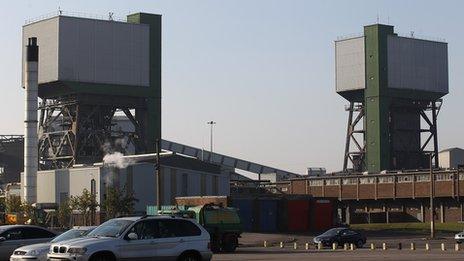Kellingley march marks end of British deep coal mining
- Published
Thousands of people march through Yorkshire to mark the end of deep coal mining.
Three thousand people have marched to mark the closure of Kellingley Colliery in North Yorkshire, and with it the end of British deep coal mining.
BBC Look North's Danni Hewson said miners from former pits around the country had felt they had to attend.
The march started at Knottingley town hall in West Yorkshire and finished with a rally at Kellingley Miners Welfare.
The miners finished their final shifts at the pit on Friday.
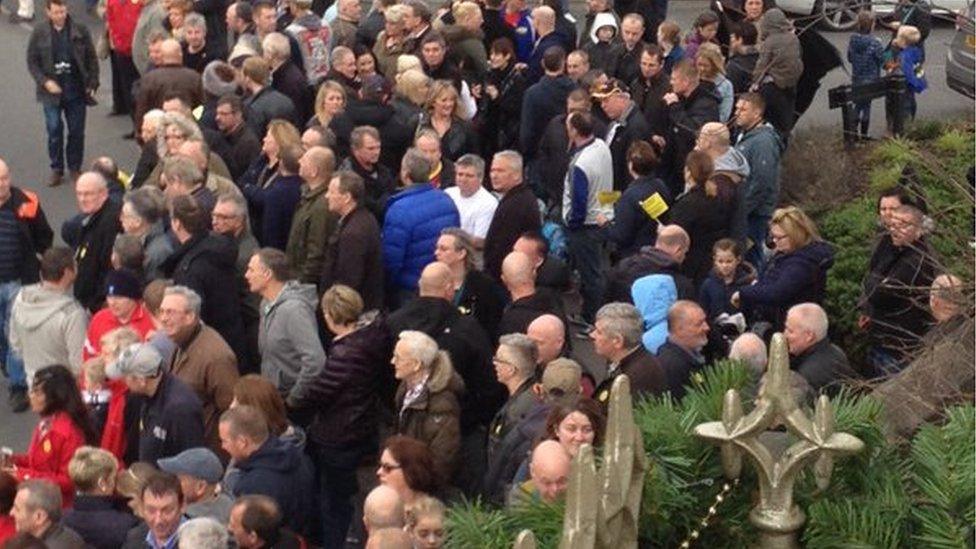
At least 2,000 people gathered for the march from Knottingley town hall to Kellingley Miners Welfare Club
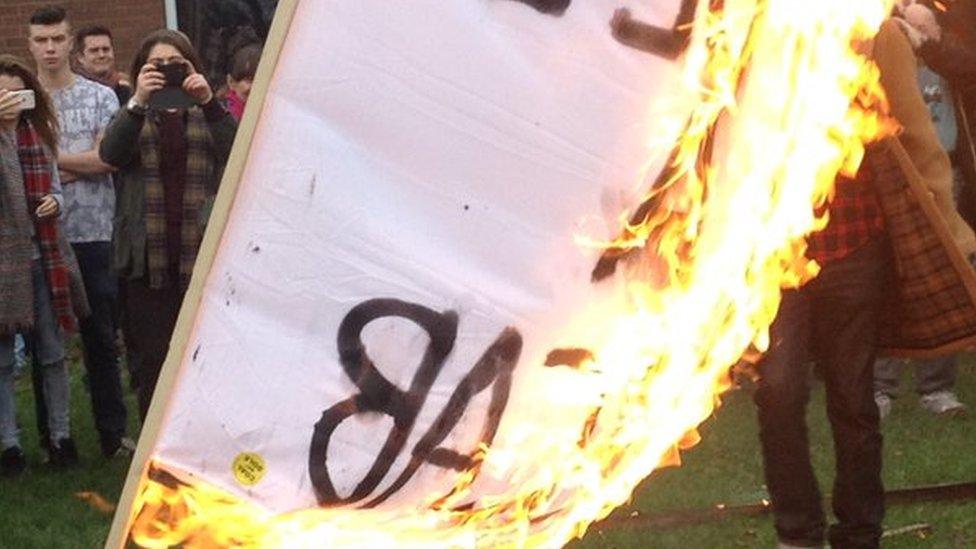
BBC Look North correspondent Danni Hewson said: "Symbolic banner-burning ended the peaceful march at Kellingley, celebrating the end of an industry."
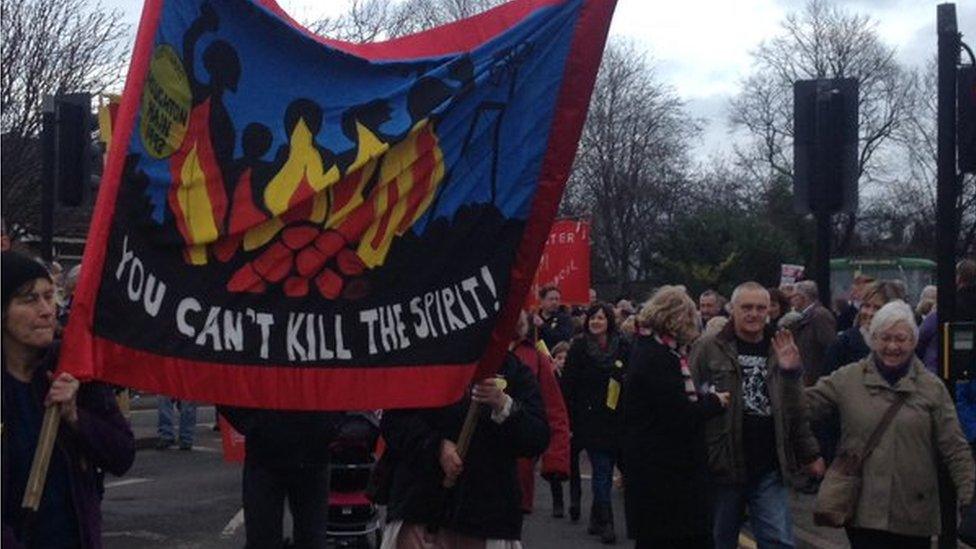
About 3,000 people took part in the march
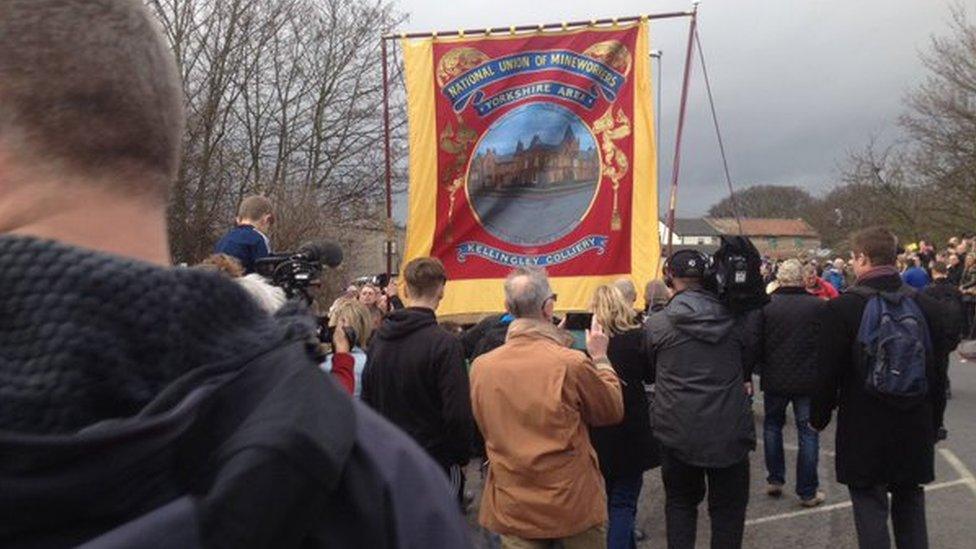
Supporters marched from Knottingley town hall to Kellingley Miners Welfare Club
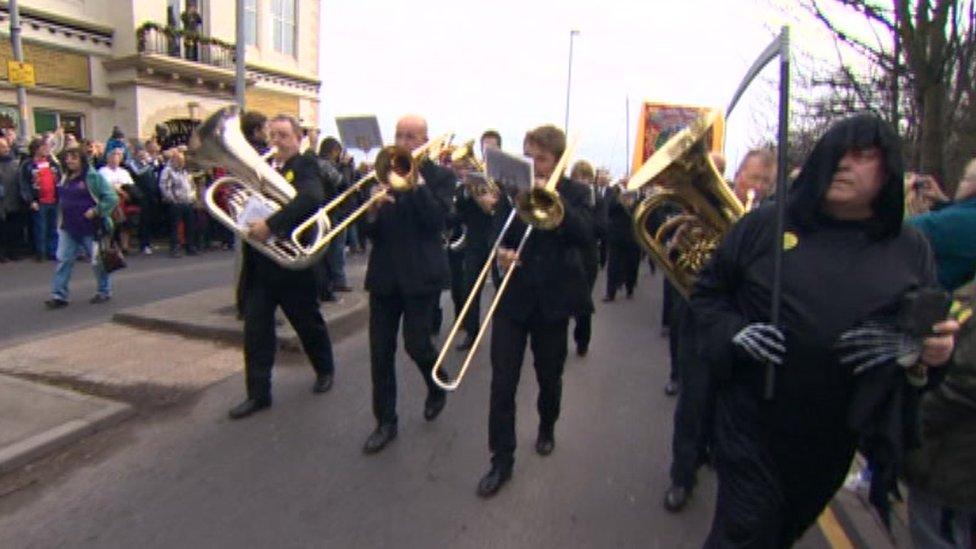
The procession was led by a Grim Reaper figure
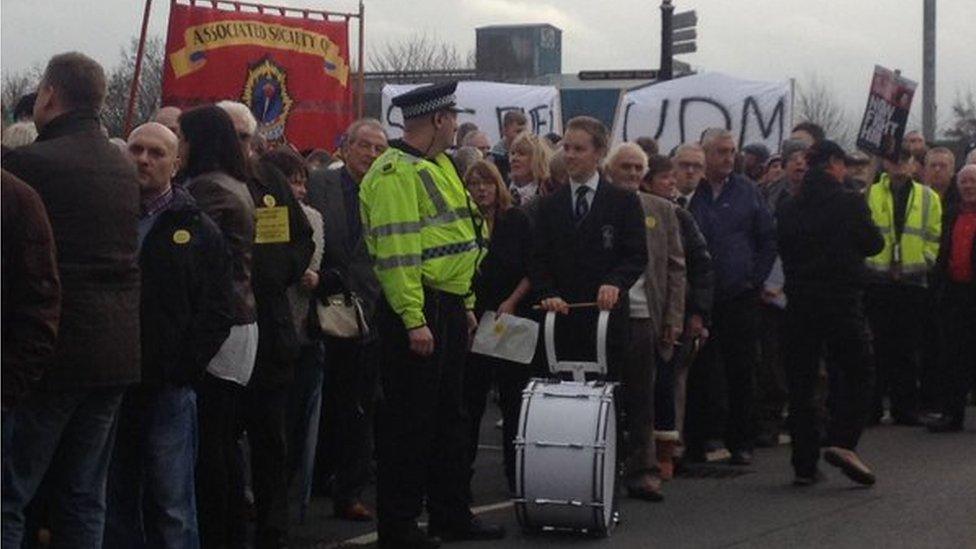
The march featured the Knottingley Silver Band
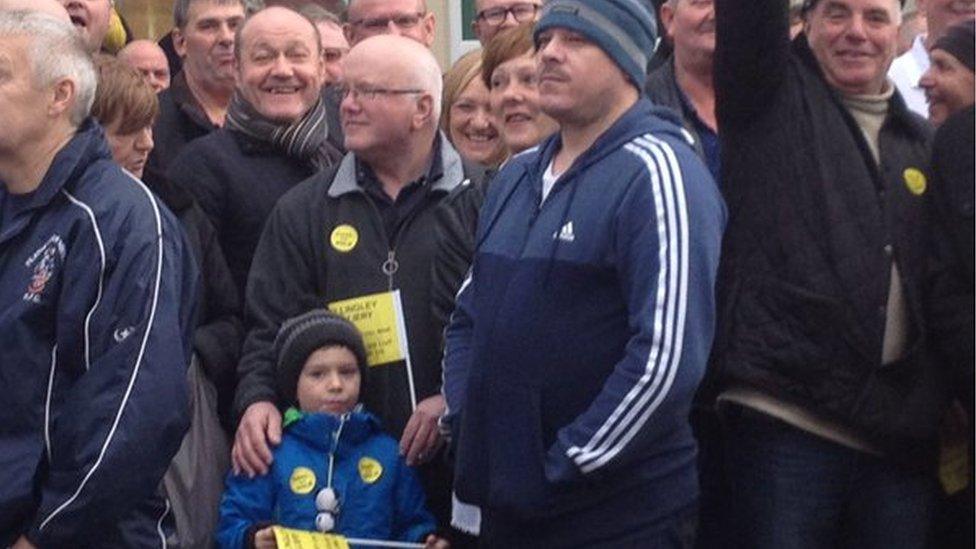
Miners from former pits around the country and their families attended the march at Kellingley
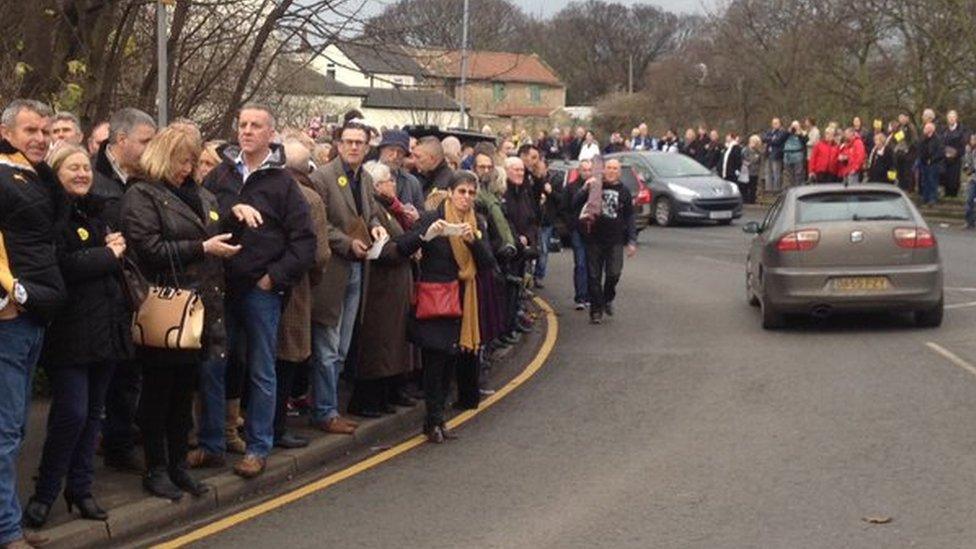
Crowds gathered in Knottingley at 12:30 on Saturday 19 December
Pit owner UK Coal said it would oversee the rundown of the mine before the site was redeveloped.
The remaining miners at the 58-hectare site are to receive severance packages at 12 weeks of average pay.
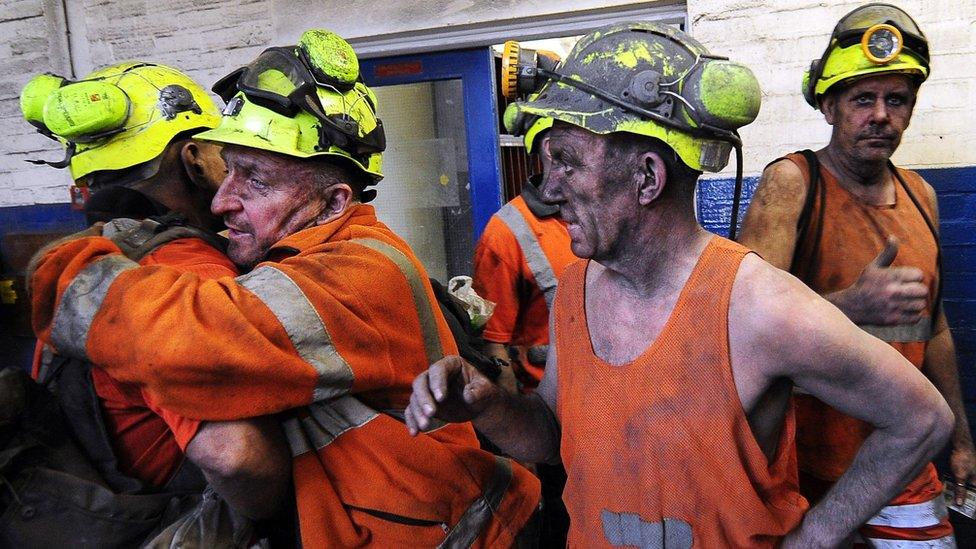
Many Kellingley Colliery workers clocked off at 12:45 GMT on Friday
'The Big K'
Production began at Kellingley, locally called "the Big K", in April 1965.
It once employed 3,000 miners but its closure was announced in March, along with Thoresby in north Nottinghamshire, after the government refused further aid.
In April, the government loaned £10m to UK Coal for the managed closures. In a written statement to Parliament, Business Minister Michael Fallon said: "There is no value-for-money case for a level of investment that would keep the deep mines open beyond this managed wind-down period to autumn 2015."
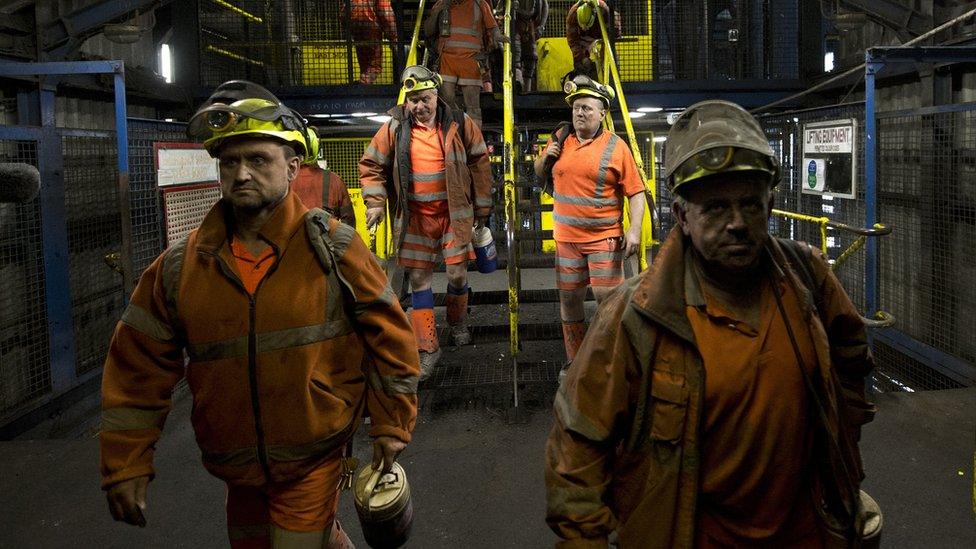
The last 450 miners employed at Kellingley Colliery are to receive severance packages at 12 weeks of average pay
Kirsten Sinclair, whose partner worked at Kellingley, said: "It's really important that [the closure] was marked. Nothing had been arranged for them and we just felt that this couldn't happen, they couldn't just go.
"The guys needed some love and affection shown to them for everything that they do."
Phil Whitehurst, of the GMB union, said: "Now the final 450 miners, the last in a long line stretching back for generations, are having to search for new jobs before the shafts which lead down to 30 million tons of untouched coal are sealed with concrete."
Dave Douglass of the NUM, said: "All them young lads in North , South and West Yorkshire who had long, well-paid futures in the coal industry have had that ripped away from them and absolutely nothing put in its place."
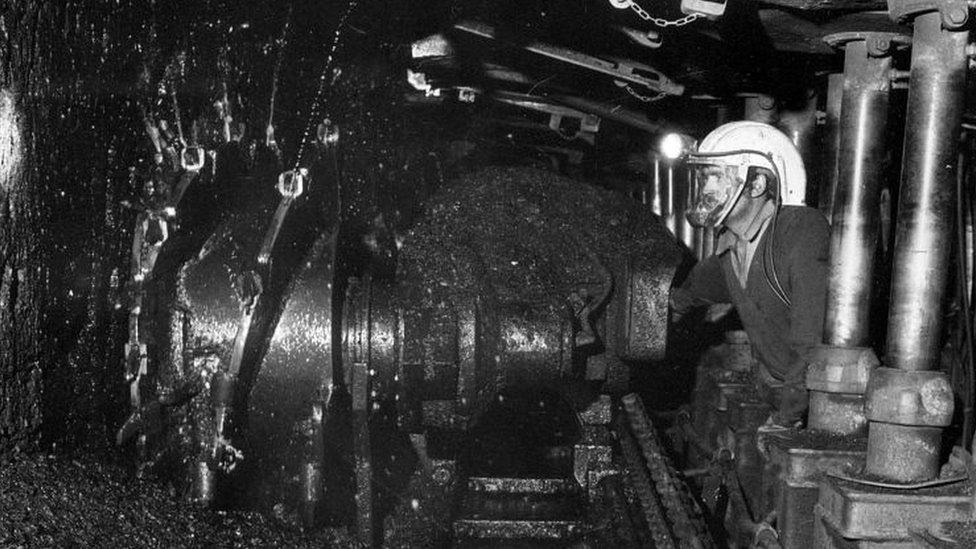
About 250,000 people worked in the UK coal industry in the late 1970s
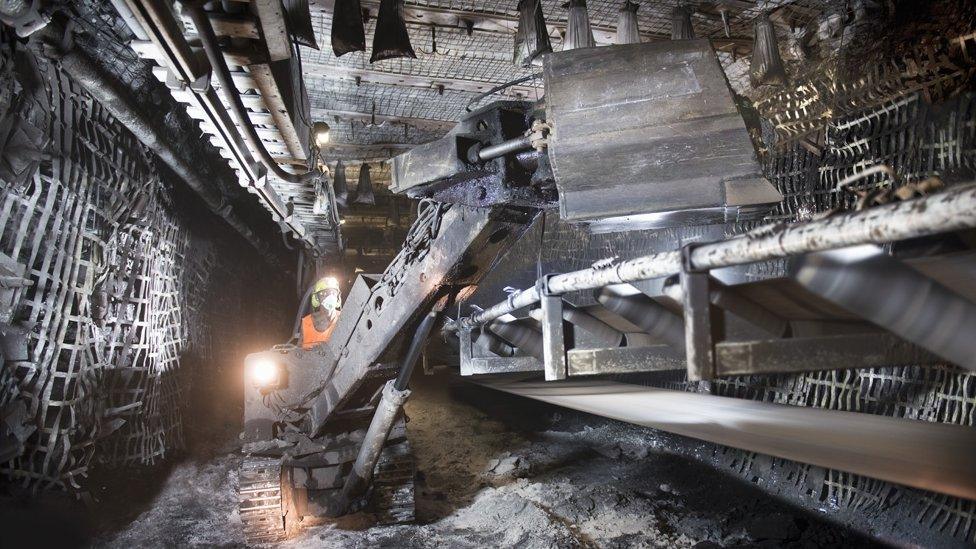
Kellingley was once the biggest deep mine in Europe and could bring up to 900 tonnes an hour to the surface
- Published18 December 2015
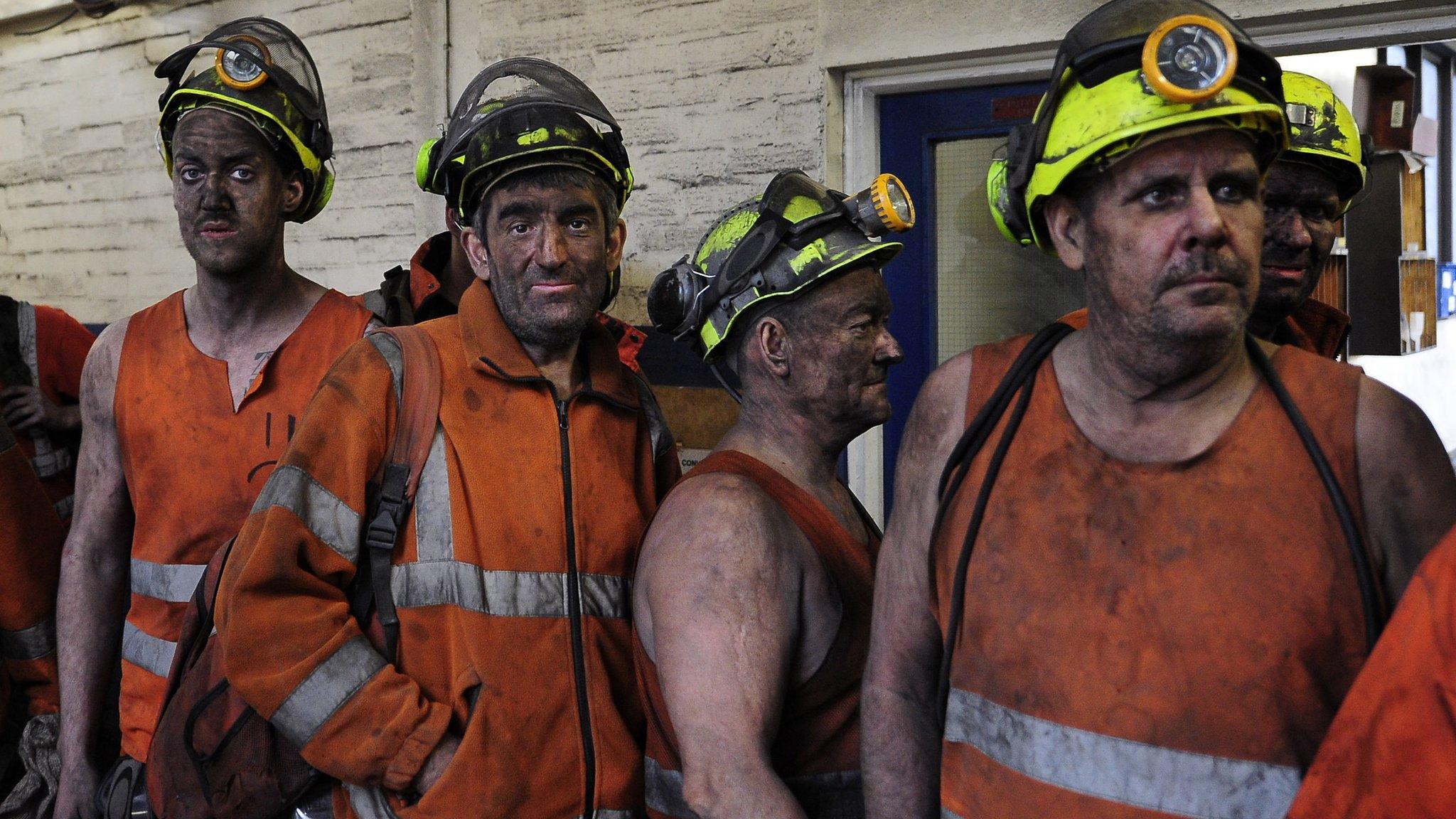
- Published18 December 2015
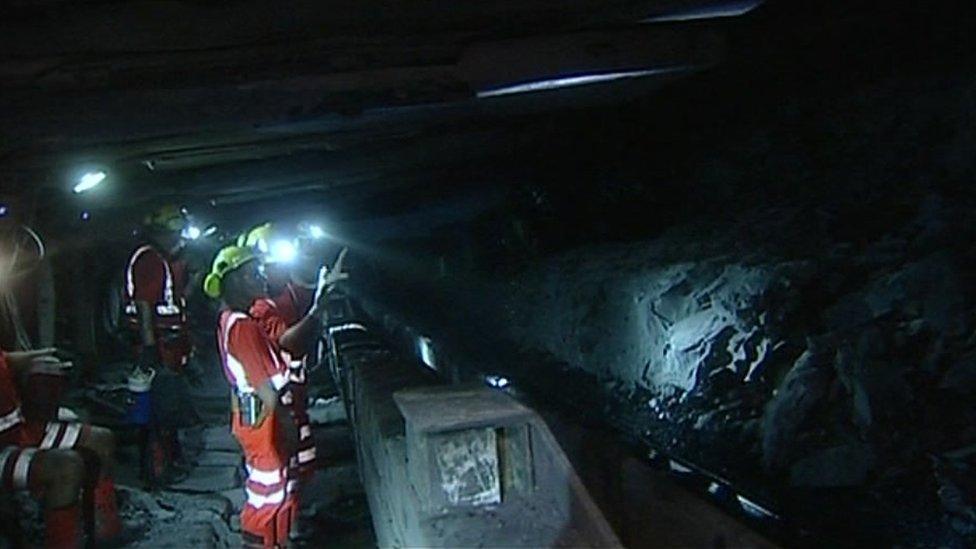
- Published18 December 2015
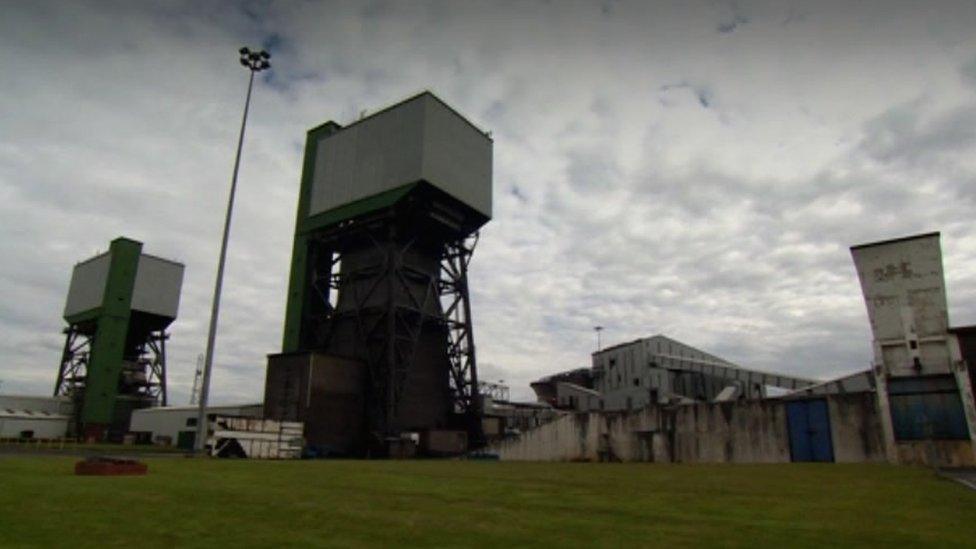
- Published18 December 2015
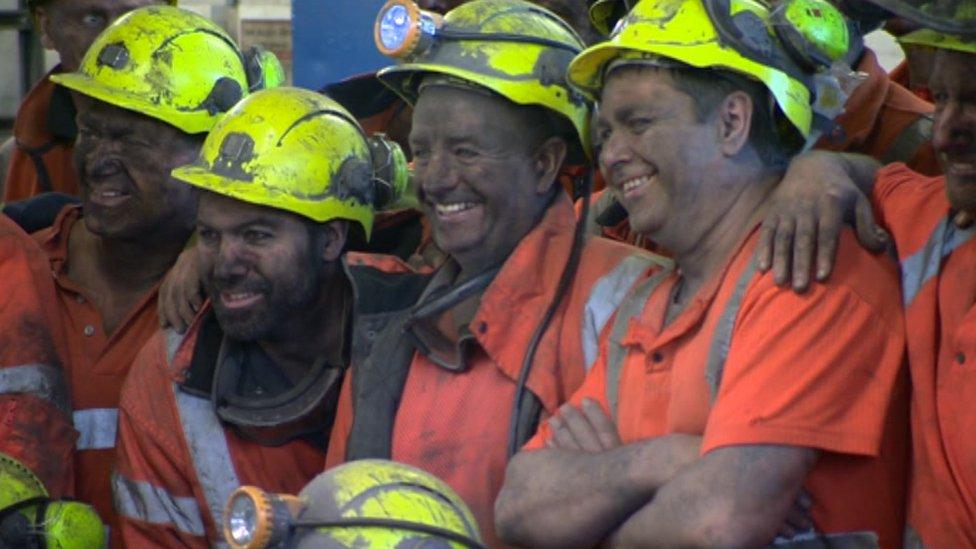
- Published18 December 2015
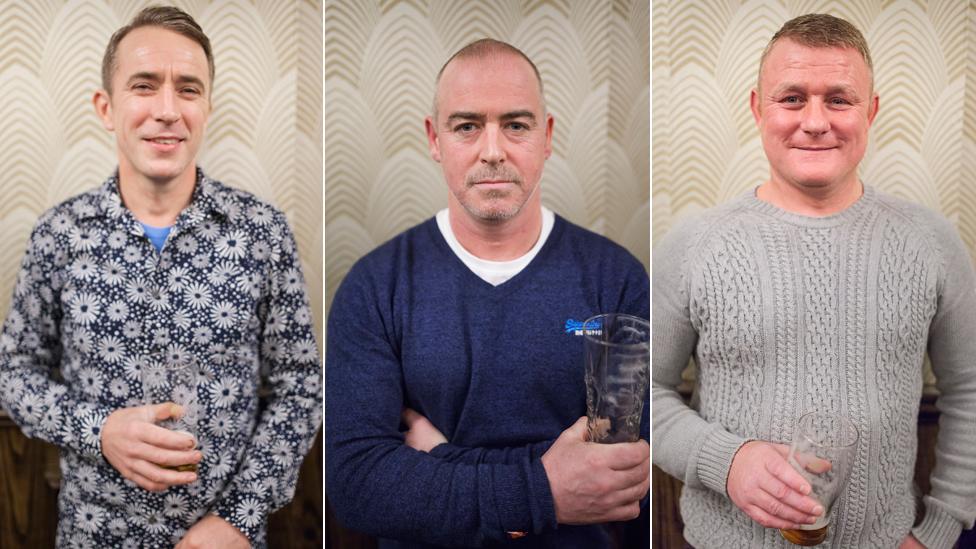
- Published10 December 2015
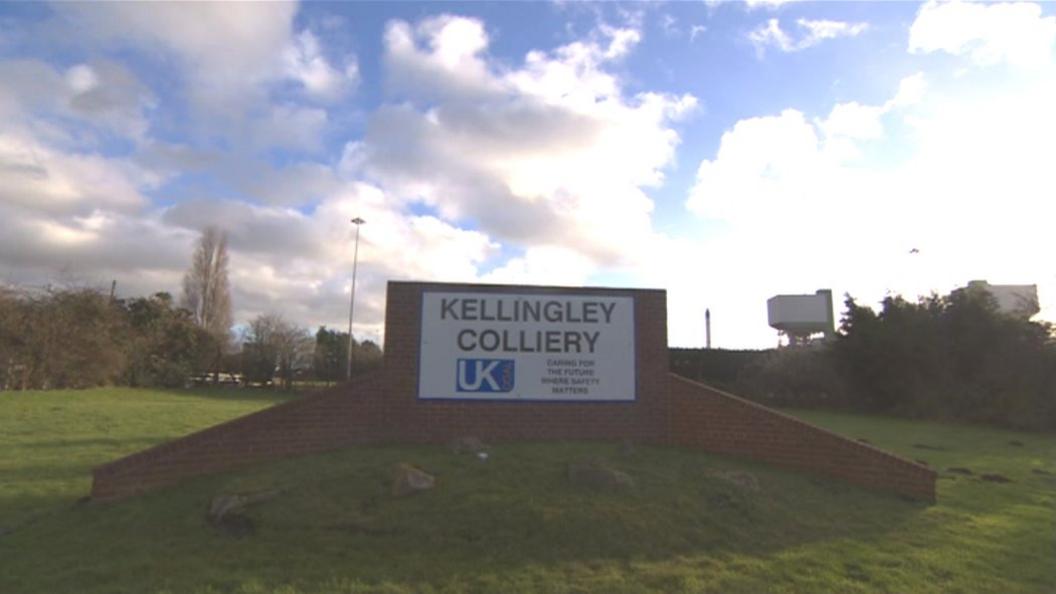
- Published10 July 2015
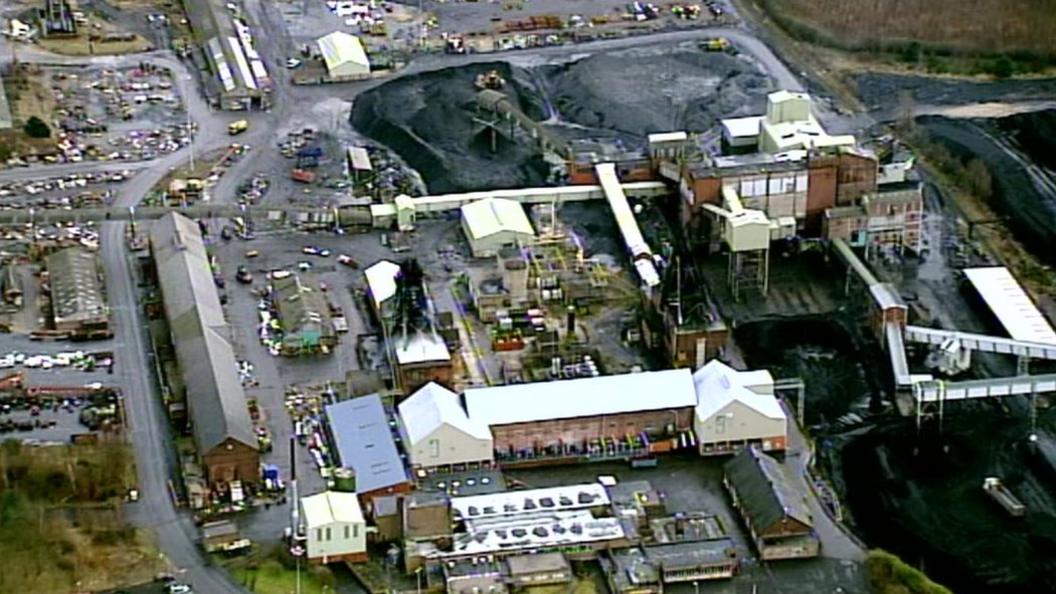
- Published31 January 2015
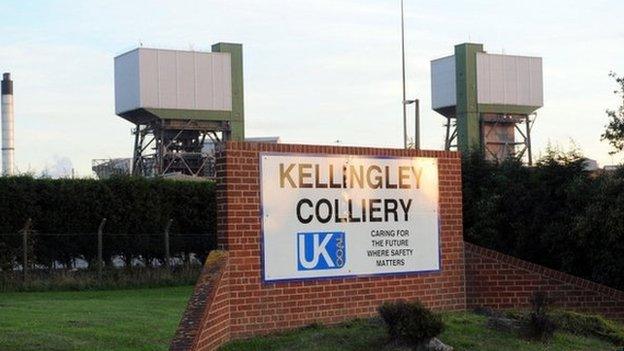
- Published30 December 2014

- Published10 April 2014
